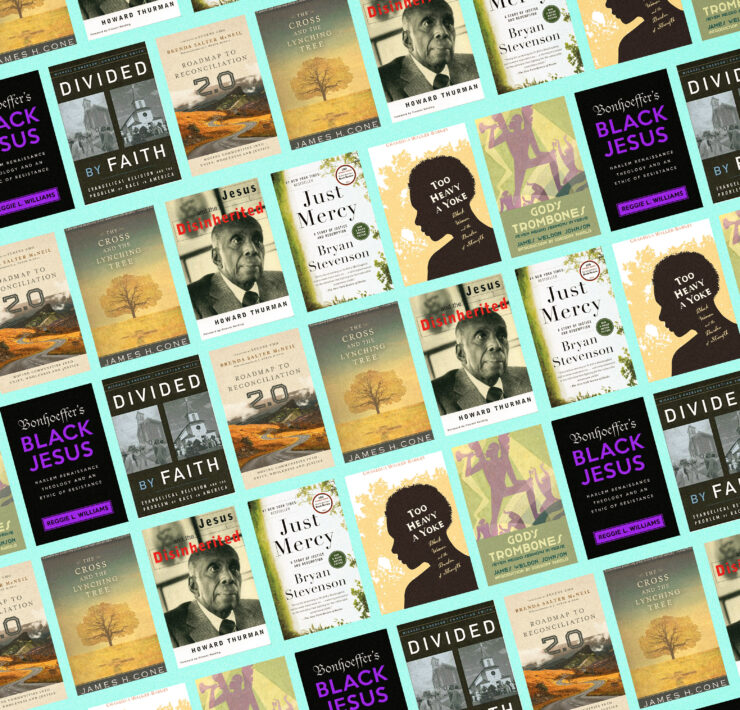My curious nature and appetite for reading led me to a career in journalism, and then public relations and international development. Along the way, I realized that if I wanted to do my job well—or just do life well, really—I needed to keep reading and learning. While we all may have an idea of what we think helping the poor should look like, often those ideas are in fact harmful to the very people we’re trying to help. (Just take a minute to Google “whites in shining armor” and you’ll see what I mean).
While school breaks and extended leisurely summer vacations have long passed by a lot of us, I think we all still look at summer as a time for beach reads, leisurely weekends and cold drinks by the pool. If you’re interested in learning more about how actually to help the world’s poorest people, what better time than this summer to pick up a few books that could teach us all a thing or two?
I did some crowdsourcing with friends who work in international development, and we came up with this list of seven books to read if you want to learn how to care for the poor.
The First 1,000 Days: A Crucial Time for Mothers and Children – and the World: Roger Thurow
Thurow spent more than three years researching his latest book, and before that, more than three decades working around the world as a foreign correspondent and reporter for the Wall Street Journal. This guy brings solid journalist creds to his writing and research, and he dedicates this book to figuring out why exactly the first 1,000 days of a child’s life (basically from pregnancy to a child’s second birthday) is so critical to their long-term health and well-being. While a topic like this could quickly get in the weeds for public health wonks, Thurow’s writing style is narrative and light, keeping his reader engaged throughout the book.
Getting Better: Why Global Development is Succeeding: Charles Kenny
With bad news around us every day, it’s easy to fall into the trap of believing that nothing is getting better, and that the aid system is completely broken. While it’s true that—like any other system—there are ways aid work could be improved, Kenny’s background as an economist helps him take a good look at the numbers and give readers an in-depth understanding of what’s happening in the world of global development. According to UNICEF, since 1990, global development has helped to cut the rate of child deaths in half. This is good news. And Kenny shares more helpful intel like this in his book.
The Locust Effect: Why the End of Poverty Requires the End of Violence: Gary Haugen & Victor Boutros
Sometimes we’d like to think that there are “quick fixes” to ending poverty, but the reality is much more complex than that. In fact, finding solutions to global poverty is much like rocket science—complicated and multi-faceted. Haugen and Boutros follow this line of thinking in their book, outlining the importance of addressing one of the root causes of poverty—institutional violence—as one critical step toward ending poverty and bringing hope to the world.
Humanitarian Ethics: Hugo Slim
When you want to learn about something, it’s always best to go to the source. Slim has worked for multiple different aid organizations, including Save the Children, Oxfam, the Catholic Agency for Overseas Development, and the British Red Cross. It’s safe to say he knows a thing or two about the challenging ethical situations aid workers find themselves in every single day. In this book, he attempts to provide aid workers with a pocket guide to ethical action. Even if the closest you’ll get to working “in the field” is following your friend on Instagram when they take a church missions trip, this book provides unique insights into the ethical dilemmas faced in this work—and how best to approach them.
Rich Christians in an Age of Hunger: Moving from Affluence to Generosity: Ron Sider
Even though this best-selling book was first published nearly four decades ago, Sider still finds a way to make his arguments relevant in today’s world of the “haves” and “have nots.” In particular, he challenges the Church to get their hands dirty in the fight against poverty, even if it may cost us along the way.
When Helping Hurts: How to Alleviate Poverty Without Hurting the Poor: Brian Fikkert & Steve Corbett
There is an American sentiment that looks at those in poverty and asks, “Why don’t they just ‘pick themselves up by their bootstraps’ and fix it?” Fikkert and Corbett do their best to take apart that argument, piece by piece, and illuminate those of us who still see poverty as the fault of those caught in its web. They take a look at approaches that have helped—as well as those that have hurt—communities in poverty, and they offer some hopeful approaches to poverty-reduction programming for the future.
Letters Left Unsent: “J.”
Humanitarian worker, author and widely read blogger “J” has chosen to keep his identity anonymous while he still works full-time as an aid worker in order to share the good, the bad, and the even sometimes ugly realities of humanitarian work. His current blog, AidSpeak, the archives of his former blog, Tales from the Hood, and his books, including his first non-fiction piece, Letters Left Unsent, should be required reading for any student of humanitarian aid.
























